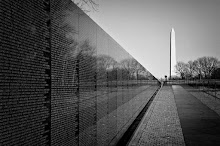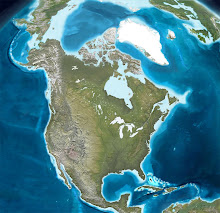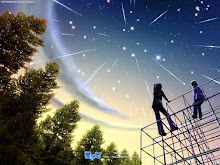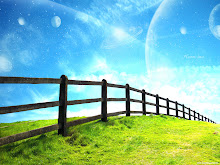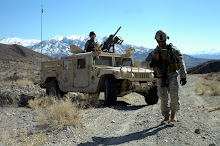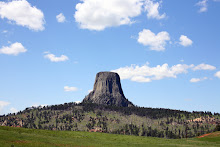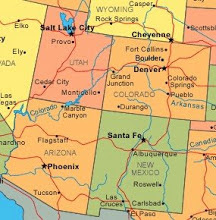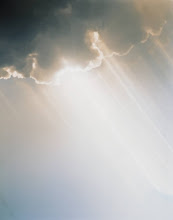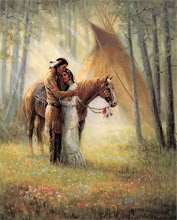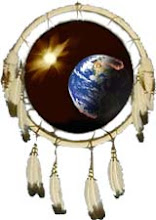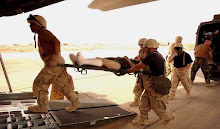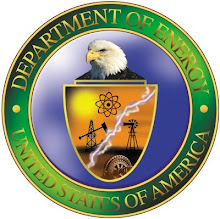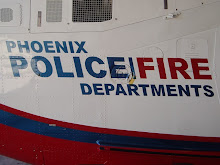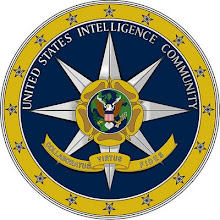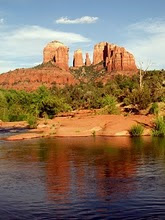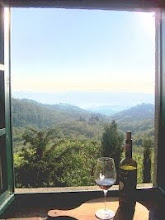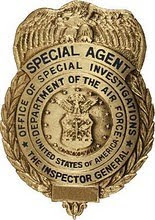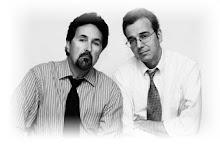By Steve Hammons
More than half of the states in the U.S. are named from Native American words. The names of hundreds of American cities, towns, villages, townships and counties also come from Native languages.
Words from American Indian cultures also form the basis for the names of hundreds of lakes, rivers, streams and creeks. Hills, mountains, valleys and other geographical terrain features are also named after Native terminology. Additionally, many elementary, middle and high schools have names related to Indian languages.
Parks, wilderness and wildlife areas are also often named from Native American words and references, including national parks and national forests. Many of our words for plants and animals are also based on Indian languages.
Are some of these words derogatory in certain ways? Yes. In Phoenix, Arizona, a rugged urban mountain popular with hikers had been called “Squaw Peak” since around 1910. On April 17, 2003, the name was officially changed to “Piestewa Peak” in honor of Lori Piestewa, a U.S. Army soldier killed in Iraq.
Piestewa, from the Hopi tribe community in northern Arizona, was the first U.S. female fatality of the Iraq War (but not the last). She was the first female Native American U.S. service member in history to die in combat.
ANIMALS, PLANTS, FOODS, DAILY LIFE
The U.S. government information service Voice of America (VOA) noted Native American Heritage Month in 2017 with an article, “to acknowledge the histories and cultures of Native people across the U.S., highlighting the challenges they have faced, their sacrifices and their contributions.” The Nov. 17, 2017, article headline was, "Native Americans Gave Places, Animals, Plants Their Names."
The VOA writer explained, “When Spanish, English and French explorers, fortune seekers and settlers arrived in the Americas, they encountered plants, animals, places and cultural objects which they had never seen before.”
“They borrowed names from the hundreds of different Native tribes and languages they encountered across the continents. Today, those loan words are so thoroughly incorporated into American English and other contemporary languages that many aren’t aware of their origins.”
“This month, VOA is highlighting Native American contributions to U.S. language, history and culture.” The VOA article listed some of the many common words today believed to have North and South American Native origins. It also noted that, “In some cases, word origins are still in dispute.”
- Animals: Caribou, chinchilla, chipmunk, coyote, iguana, jaguar, moose, muskrat, opossum, piranha, raccoon, skunk, terrapin and woodchuck.
- Plants and foods: Avocado, cashew, cayenne, chocolate, hickory, persimmon, potato, squash, tobacco and tomato.
- Daily life: Barbecue, cigar, hammock, kayak, moccasin, parka and poncho
According to VOA, the words hurricane, caucus and quinine are also derived from Native words.
Other sources of information propose that Native languages are the basis for the words pecan, chili and guacamole. Canoe and toboggan are also believed to have Native language roots. Bayou, sequoia and Quonset hut reportedly are additional words from Native language.
Today, there are increasing efforts underway across the country to revitalize the use of Native languages, teach them to younger people and preserve them for future generations.
WARRIOR CULTURES, MODERN CONTROVERSIES
According to an April 16, 2018, article on the Military.com website, “Many military members feel a connection between the bold warriors of Native American nations and their own commitment to their missions. They understand the defense of their lands and their honor, against all enemies.” That article was under the headline, "These Meaningful Military Traditions Come From Native American Culture."
U.S. Army helicopters have frequently been given tribal names, the article author noted. “Apache, Black Hawk, Chinook, Kiowa, Lakota, Creek, Cayuse, Huron, and Ute. All Native American tribes and currently used Army aircraft.”
“There are also several retired aircraft with tribal names. The Iroquois, Choctaw, Seminole, Shawnee, Mohawk, and Mescalero helicopters and planes have been retired between 1967 and 2011,” according to the article.
Like the controversies over sports teams' mascot names, these names for military aircraft, Tomahawk missiles and other weapons could also spark mixed reactions, and the Military.com article dug a bit deeper.
The article pointed out cultural, sociological and psychological “ties to a warrior culture.” The article quoted veteran Robert Holden, deputy director for the National Congress of American Indians, and member of the Choctaw and Chickasaw tribes. “Warriors have always been in our presence and always will be ... not only in times of conflict, but in times of peace as well," Holden said.
“Appropriation or homage?" the article writer asked. "In recent years, cultural appropriation is a buzzword that seems to be on everyone’s lips. There has been more awareness of how institutions, people, and groups have used racial, cultural, and ethnic stereotypes as an insult or negatively. A prime example is the debate about renaming the Washington Redskins.”
The article also asked, “So, why are some references to Native Americans considered derogatory and others, well, just fine? It’s the intent behind the naming.” The article notes cases in the U.S. military, “where a name or an emblem has been used distastefully.”
According to the article author, “However, there is also genuine admiration and respect for the tradition of Native American warriors among the US military. We revere the Code Talkers and use the names of brave leaders and nations to denote strength of character and force.”
In U.S. military patches and mottos, we often see references to American Indians. For example, the U.S. Army Special Forces shoulder patch is in the shape of an arrowhead. The Army Special Forces crest includes two crossed arrows over a fighting knife or dagger. These are not just military art. They have meaning.
In the 101st Airborne Division (Army paratroopers), the famous 506th Infantry Regiment uses the Cherokee word “currahee” as their motto. The first episode of the TV mini-series “Band of Brothers” was titled “Currahee.” A book about the WWII invasion of Normandy is titled “Currahee! A Screaming Eagle at Normandy.”
So, what does currahee mean? It is generally interpreted in English as, "We stand alone" or “We stand alone together.”
(Related articles “Storytelling affects human biology, beliefs, behavior” and “Reagan’s 1987 UN speech on ‘alien threat’ resonates now” are posted on the CultureReady blog, Defense Language and National Security Education Office, Office of the Undersecretary of Defense for Personnel and Readiness, U.S. Department of Defense.)
Monday, August 10, 2020
Native American words around us: States, towns, rivers, lakes, terrain, plants, animals, military
Subscribe to:
Comments (Atom)












